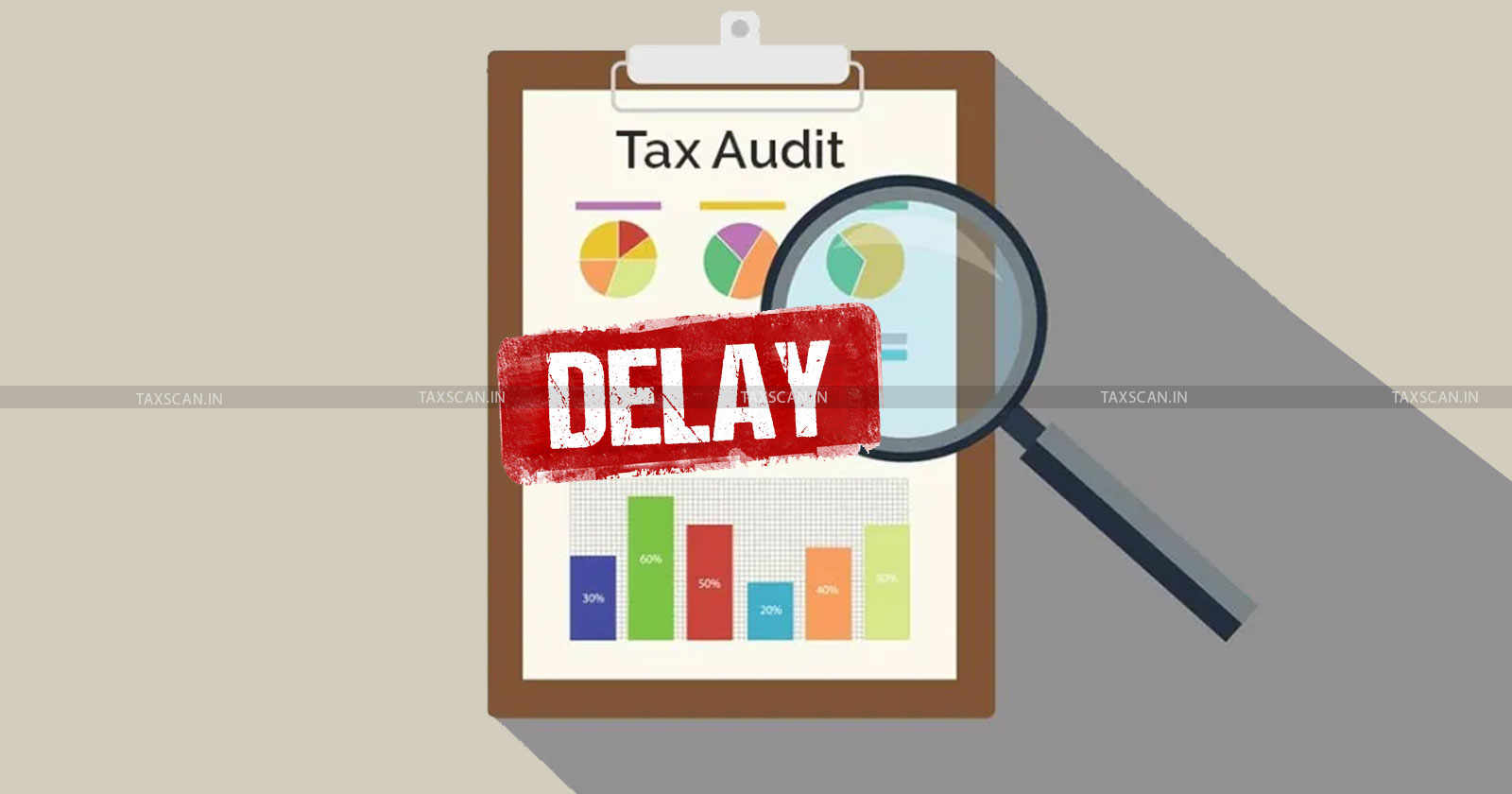Reassessment After 4 Years With Same Set of Facts Which Already Available During Original Assessment Legally Bad: ITAT [Read Order]
The Tribunal quashed the reassessment order, ruling that reopening an assessment after four years based on the same facts available during the original assessment was legally invalid.
![Reassessment After 4 Years With Same Set of Facts Which Already Available During Original Assessment Legally Bad: ITAT [Read Order] Reassessment After 4 Years With Same Set of Facts Which Already Available During Original Assessment Legally Bad: ITAT [Read Order]](https://images.taxscan.in/h-upload/2025/07/12/2063019-income-tax-reassessment-1.webp)
The Mumbai Bench of the Income Tax Appellate Tribunal (ITAT) has set aside the reassessment order and declared the reopening of the assessment for Assessment Year (AY) 2012-13 after 4 years with the same set of facts as bad in law.
HMG Engineering Pvt. Ltd. (assessee) filed return of income for AY 2012-13, declaring a loss of Rs. 6,95,332/-. The original assessment was completed and determined the total assessed income at Rs. 23,04,668/- after disallowance of Rs. 30,00,000/- on account of sundry creditors.
The Assessing Officer (AO) issued a notice to reopen the assessment after 4 years, alleging that income amounting to Rs. 16,76,236/- had escaped assessment. The AO cited expenses such as salary and wages, travelling expenses and rent expenses claimed by the assessee.
Complete Guide to Reassessment: Comprehensive Topic-wise Analysis, Circulars, Case Laws & Practical Insights - Click Here
 Also Read:Benefit of Exemption Claim u/s 12A of Income Tax Act should not have Denied merely on account of delay in furnishing audit report: Orissa HC [Read Order]
Also Read:Benefit of Exemption Claim u/s 12A of Income Tax Act should not have Denied merely on account of delay in furnishing audit report: Orissa HC [Read Order]
Aggrieved by the AO’s order, the assessee filed an appeal before the Commissioner of the Income Tax (appeals)[CIT(A)]. The CIT(A) upheld the reassessment of the AO. Aggrieved by the CIT(A)’s order, the assessee appealed to the ITAT.
The counsel for the assessee argued that the reopening was invalid as it was based on the same set of facts available during the original assessment. The Counsel of the assessee submitted that the assessee had submitted complete details of sundry creditors and other advances during the original proceedings.
The counsel contended that the reopening, initiated after four years, violated the first provision to Section 147 of the Act, as no new material evidence was brought on record to justify the reassessment.
The counsel for the Revenue defended the reassessment, arguing that the AO had reason to believe that income had escaped assessment based on the return of income and balance sheet, and the notice under Section 148 was issued with prior approval of the Principal Commissioner of Income Tax through the ITBA portal.
The two-member bench comprising Shri Saktijit Dey (Vice President) and Shri Narendra Kumar Billaiya (Accountant Member) observed that the reopening was initiated after four years from the end of the relevant assessment year, making the first provision to Section 147 applicable.
The tribunal observed that the AO’s reasons for reopening were based on a re-examination of the same balance sheet and return of income already considered during the original assessment, without any new material evidence.
Want a deeper insight into the Income Tax Bill, 2025? Click here
 Also Read:Relief for Mahindra University: ITAT Quashes Rejection of 80G Approval, Orders Fresh Review by CIT(E)
Also Read:Relief for Mahindra University: ITAT Quashes Rejection of 80G Approval, Orders Fresh Review by CIT(E)
The tribunal relied on the Supreme Court’s decision in CIT v. Kelvinator of India Ltd. [2010], which clarified that after the amendment reassessment under Section 147 requires a tangible “reason to believe” that income has escaped assessment.
The tribunal quashed the reassessment order and stated that it was unnecessary to discuss the merits of the case since the reopening itself was bad in law. The appeal of the assessee was allowed.
Support our journalism by subscribing to Taxscan premium. Follow us on Telegram for quick updates


